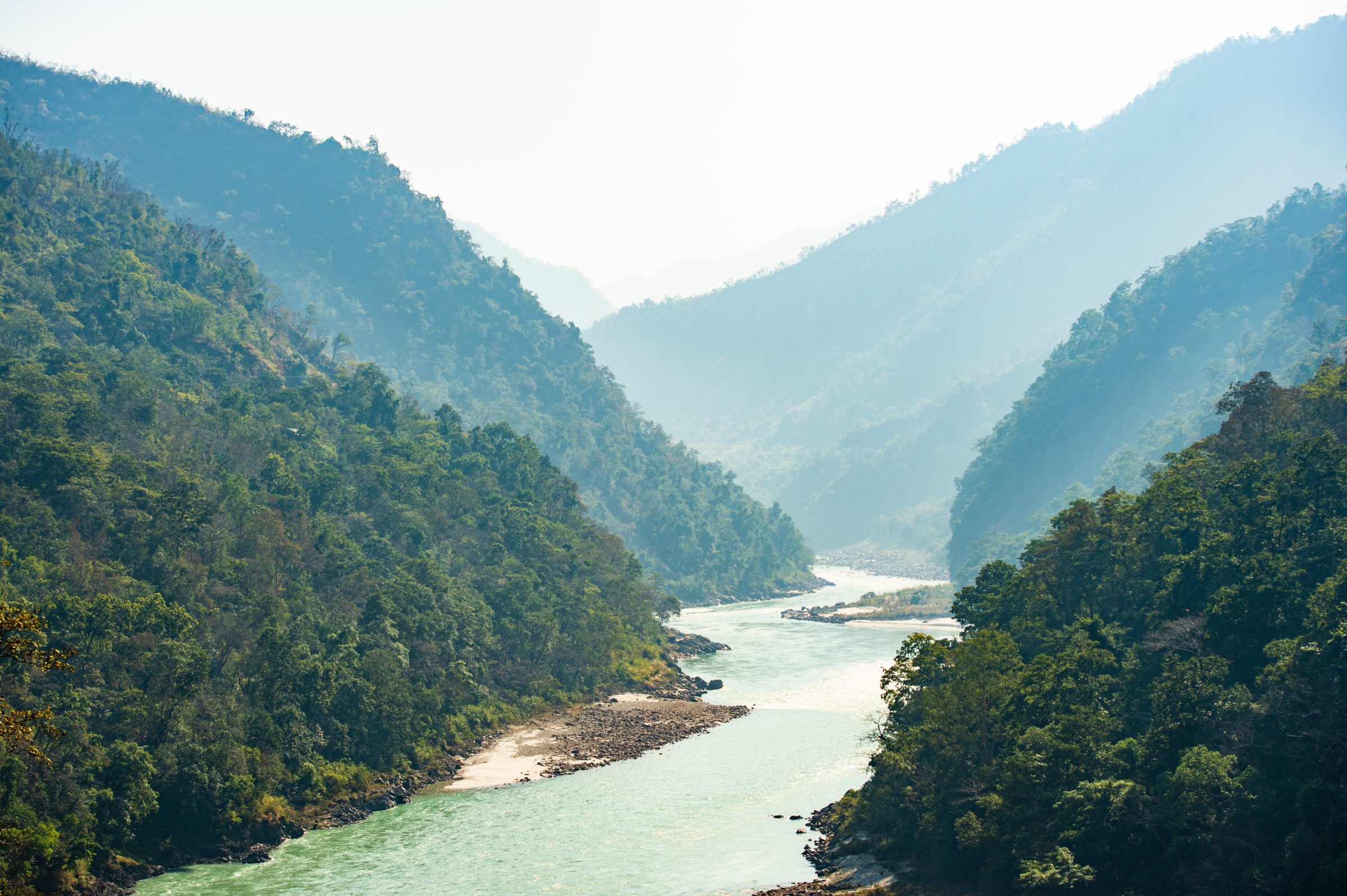India State High Court Rules That Nature Is a ‘Living Being’ with ‘Rights’
Originally published at HumanizeThe Madras High Court in India, which has jurisdiction over the state of Tamil Nadu, has declared that nature is a living being with rights. From the Hindustan Times story:
“Mother Nature” as a “Living Being” having legal entity/legal person/juristic person/juridical person/moral person/artificial person having the status of a legal person, with all corresponding rights, duties and liabilities of a living person, in order to preserve and conserve them.”
What a farce. Nature is not moral. It cannot have duties or liabilities. While being made up of sentient beings — as well as insentient life-forms, geological features, and atmospheric phenomena — it is not itself rational or sentient. I mean, if the monsoons flood a city, can the city sue “nature” for damages? Please.
But in parts of India, it now has rights that are, it would appear, going to be at least coequal to those of humans:
“They are also accorded the rights akin to fundamental rights/legal rights/constitutional rights for their survival, safety, sustenance and resurgence in order to maintain its status and also to promote their health and wellbeing. The State Government and the Central Government are directed to protect the “Mother Nature” and take appropriate steps to protect Mother Nature in all possible ways,” the court said.
Nature-rights laws generally allow anyone who believes that nature’s “rights” are being violated to sue to prevent the violation and to seek redress. That gives even the most extreme crank the ability to exercise a litigation veto over development, or a powerful club to use for “greenmail” extortion. Or, sometimes, panels of environmentalists are appointed to act as guardians. Whichever way it goes, this ruling will make people in the state of Tamil Nadu poorer and less able to extract nature’s bounty for their own well-being. And, to say the least, it furthers the cause of nature rights internationally.
It’s so frustrating. Despite the movement’s increasing successes and its subversive anti-human impacts and implications, people still refuse to take the threat seriously. But it’s high time for the pervasive “it can’t happen here” complacency to end. Nature rights is in the platform of Florida’s Democratic Party and is the law (or soon will be) in Bolivia, Ecuador, Chile, Panama, Bangladesh, and more than 30 United States municipalities. At least six rivers in the world have been declared rights-bearing entities, as have two glaciers.
I predict that before long it will become part of the climate-change agenda and will be embraced by most progressive political parties internationally, including the national Democratic Party. At that point, it will become very difficult to stop. When that happens — it may not be a matter of “if” for much longer — we can kiss our prosperity goodbye.
For those wanting to learn more about the nature-rights movement’s goals and methods, here is a debate I had with Thomas Lindsey, one of its founders. You may roll your eyes. But these radicals are very serious
